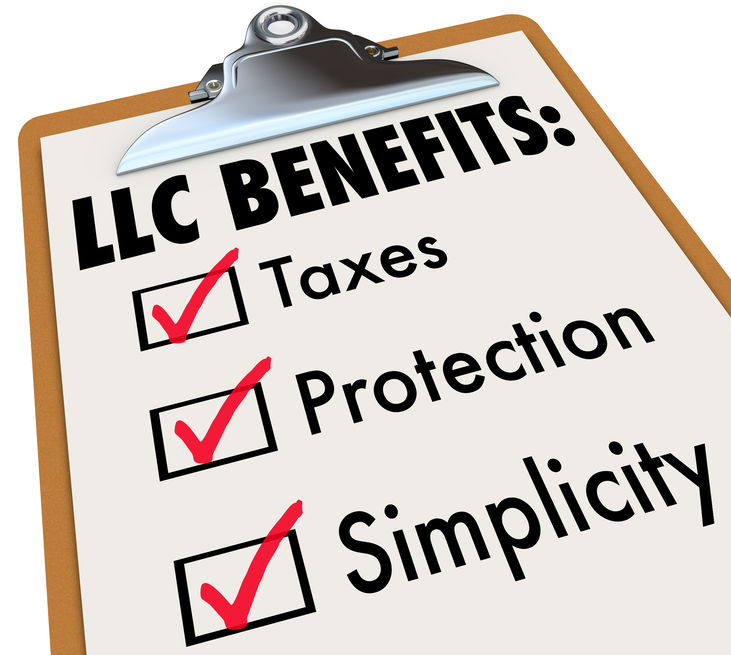
What is the Foreign Agents Registration Act of 1938?
The Foreign Agents Registration Act of 1938 or FARA is a federal statute that requires the registration of, and disclosures

The Foreign Agents Registration Act of 1938 or FARA is a federal statute that requires the registration of, and disclosures

The Bank Secrecy Act requires a United States citizen, resident, business entity, trust or estate to report certain foreign financial

The simple answer is yes. Anyone can buy property in the United States. However, foreigners are best suited to buy U.S. property with one-time payment instead of financing it. This is because if a foreigner wants to get a U.S. mortgage or a loan – it is often nearly impossible to get approved due to the lack of U.S. credit history.

Foreign ownership of U.S. assets has grown significantly over the past 20 years as a result of more globalized financial markets.

Along with registering an organization in the United States, many, if not all countries require proper registration within their governmental agency as well. This not only allows foreign countries to have control over U.S organizations operating within their nation’s borders, it also helps keep track of activities and allows the enforcement of local laws.

Board members are responsible for making strategic goals and decisions for the charitable organization. Officers are generally the “responsible party”

Introduced in 2017 as part of the Tax Cuts and Jobs Act, GILTI, or “Global Intangible Low Tax Income,” is an outbound provision that broadens the scope of foreign earnings subject to U.S. taxation with the goal of reducing the incentive to shift corporate profits out of the U.S. into low or zero-tax jurisdictions.[1] Applicable to large multinational companies and to U.S. shareholders of certain foreign corporations, GILTI is fundamentally an anti-deferral provision that limits the amount of foreign income a U.S. shareholder can defer from U.S. tax.

All foreign investors owning U.S real property are responsible for paying taxes on any and all rental income they earn in the United States from that property. As a general rule, a non-US person who rents out his or her U.S. property is subject to a 30% withholding tax imposed on the gross amount of each rental payment.

Today, many businesses are forming as a Limited Liability Company (LLC) and are finding that an LLC offers the “best of both worlds” of corporate forms. LLCs have pass-through taxation while also affording the owners limited liability protection, typical of a corporation.

Hoy en día, muchas empresas se están formando como una Sociedad de Responsabilidad Limitada (LLC) y están descubriendo que una LLC ofrece lo “mejor de ambos mundos” de formularios corporativos. Las CIT tienen impuestos de transferencia y, al mismo tiempo, ofrecen a los propietarios una protección de responsabilidad limitada, típica de una corporación.
Con estos libros guía, aprenderás cómo iniciar tu negocio de la manera correcta y proteger tu marca. Descarga las guías gratuitas ahora y da el primer paso hacia el logro de tus metas.